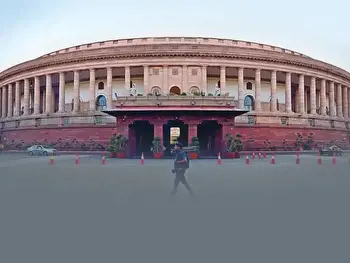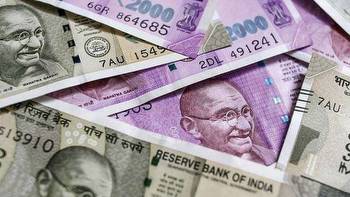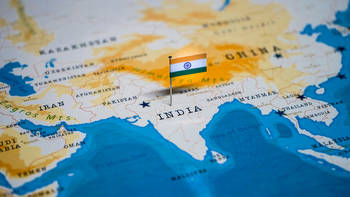All or Nothing? The Case for Regulated Online Gaming

Newspapers in India often describe online gambling as a literal “death trap” for its youth. But is that really the case, and how can the government put some order on the market?
Breaking Down Criticism of India’s Online Gaming Industry
The immense potential of India’s youth is often credited for the growth rate of its economy in recent years, as well as the expectations that the desi society has for the future. In all of this, some of the younger generations’ favorite pastimes – online and mobile games – have often been stigmatized as one of the few obstacles to brighter times.
Loud and catastrophic headlines appear in newspapers almost every day, calling out the imaginary menace. Some even claim that once a young person starts playing online games for money, they almost inevitably end up killing themselves over uncontrollable debt. This, however, pictures the desi youth as incapable of making their own decisions and taking control of their actions – quite to the contrary of any hopes the Union might have for its future.
But there is certainly more to such a short-sighted standpoint. A young person playing andar bahar for real cash at Pure Win is obviously not supposed to see this as a family tradition around festive times. Rather, they should be ashamed about it, which only worsens things if they really need help with their gameplay spending.
Occasionally, critics take a shortcut and blame the British Government for introducing gambling in India (for its tax revenues). Others point to the proliferation of online gaming during long periods of Covid-19 lockdowns when people became used to shopping, working and having fun out of their mobile phones.
Some admit that games like poker and rummy may also be a source of income for those who lost livelihoods in the digital transition. The article in question also cites a KPMG report which shows the Indian online gaming sector as the fastest growing Media and Entertainment segment, creating thousands of jobs and crores of investments and revenue.
The issue, then, is to find a way to make the best of this global phenomenon called online gaming but doing it in conditions that allow the Government to protect the average player.
Regulated Gaming Is a Foregone Conclusion – When Will India Make It?
The answer is quite simple, actually, although not so quick to deploy across State jurisdictions. Numerous market studies and best practices around the world have shown that regulation is much more effective than any sort of a ban on real-money games.
By creating (or copying) proper legislation for platforms that offer betting and online casino India will take a step towards market maturity. The only meaningful way of protecting players is to create stringent rules and requirements for licensing and impose high standards for consumer protection, even advertising.
Failing to do so will only repeat mistakes of the past. Banning alcohol, for example, has never worked and only exposed people to homemade and illicit substitutes.
Regulated real-money gaming comes with a series of safety nets – licensed and well-monitored operators (websites and apps), age and spending limits, exclusion registers. There is also much more in terms of responsible gambling policies and transparent gaming and financial operations. This is the way it has been done for years in Europe, Australia and the US. And it works.
Even those that criticize the very existence of the industry admit that things would improve with measures such as affordability checks as part of wider legislation. We have to be certain, however, that a blanket ban on Indian sites will only push people to unregulated gambling elsewhere on the internet.

































